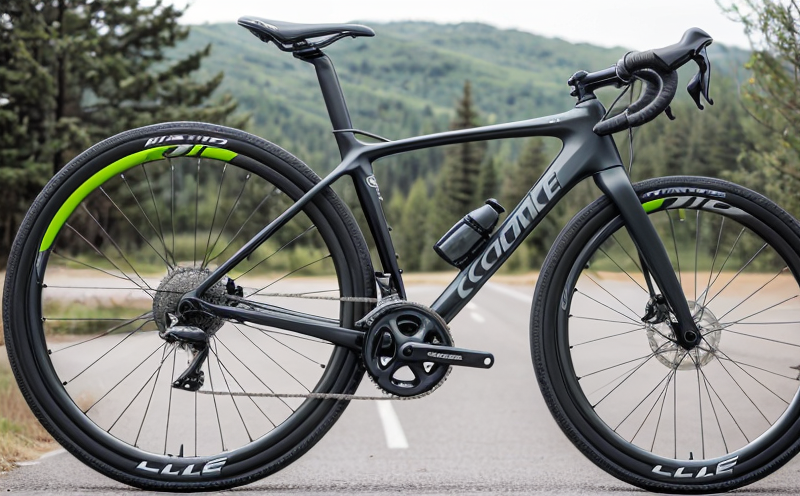UL 2580 Cycle Life and Durability Testing of EV Battery Systems
The UL 2580 standard is a critical benchmark for ensuring the safety, reliability, and longevity of electric vehicle (EV) battery systems. This testing evaluates the cycle life and durability of lithium-ion cells, modules, and packs under conditions that simulate real-world usage scenarios. The process involves charging, discharging, and cycling batteries to determine their capacity retention over time.
Understanding the lifecycle of an EV battery is essential for manufacturers aiming to meet stringent safety requirements set forth by regulatory bodies like Underwriters Laboratories (UL). This testing ensures that EVs can provide consistent performance throughout their operational lifespan. The UL 2580 standard focuses on critical aspects such as thermal management, overcharge protection, and voltage monitoring.
During the test procedure, batteries undergo a series of charge-discharge cycles at various temperatures to simulate different environmental conditions. These tests help identify potential weaknesses in battery design that could lead to overheating or failure. The results provide insights into how well the battery can maintain its performance over extended periods.
The UL 2580 protocol also includes specific criteria for evaluating battery performance metrics like State of Charge (SoC), temperature, and internal resistance. Compliance with these standards is crucial not only for meeting regulatory requirements but also for building consumer confidence in the safety and reliability of EVs. By adhering to this standard, manufacturers can ensure that their products meet or exceed industry expectations.
The testing process involves meticulous preparation of specimens before they are subjected to cycles of charging and discharging. This includes ensuring that each battery is properly conditioned prior to testing to avoid any inaccuracies in the results. After completing the required number of cycles, the batteries undergo final checks to assess their performance metrics.
At Eurolab, our experienced team uses advanced equipment and methodologies to conduct these tests with precision and repeatability. We employ state-of-the-art instrumentation capable of monitoring critical parameters throughout each cycle. Our facilities are equipped with climate-controlled chambers that allow us to simulate various temperature conditions under which EV batteries operate.
The testing not only evaluates the battery's capacity retention but also assesses other important factors such as safety features, thermal management systems, and overall durability. By providing comprehensive analysis based on this standardized procedure, we offer valuable insights into the performance characteristics of your product candidates.
Applied Standards
- UL 2580: Standard for Electric Vehicle Battery Systems
- ISO/IEC 13469-1: Safety of charging systems for electric vehicles
- ASTM G177: Practice for Testing the Resistance of Materials to Sulfur Dioxide, Water Vapor and Salt Spray Aerosol
Industry Applications
| Application Area | Description |
|---|---|
| Electric Vehicle Manufacturers | Ensure compliance with UL 2580 standards to meet regulatory requirements and enhance consumer confidence. |
| Battery Suppliers | Validate the performance of their products through rigorous testing according to industry best practices. |
| R&D Engineers | Develop new technologies that meet or exceed current standards, ensuring long-term reliability and safety. |
Eurolab Advantages
At Eurolab, we pride ourselves on providing high-quality testing services that exceed industry expectations. Our state-of-the-art facilities and experienced team ensure accurate and reliable results every time.
- Comprehensive suite of testing capabilities tailored specifically to meet the needs of electric vehicle battery manufacturers.
- Absolutely committed to adhering strictly to all applicable standards, including UL 2580, ISO/IEC 13469-1, and ASTM G177.
- Expertise in handling various types of lithium-ion batteries used in electric vehicles.





